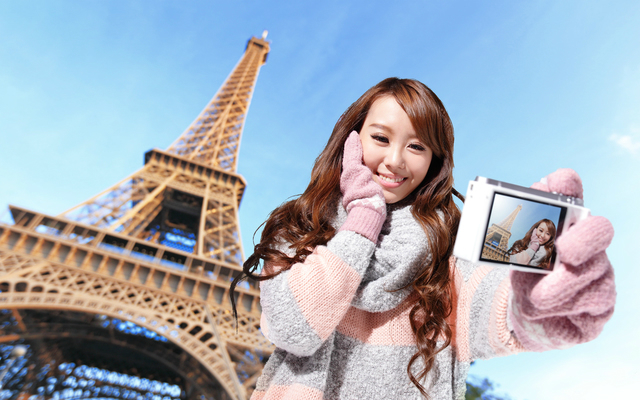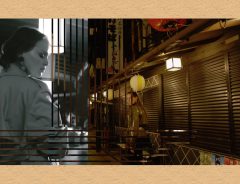
Source: ryanking999 / PIXTA(ピクスタ)
Japanese Tourists are So Disappointed by Paris They Develop a Mental Disorder Called Paris Syndrome
- Source:
- sbs / BBC / wikipedia / _rialltheway_
- Tags:
- Culture Shock / France / Paris / Tourism
Related Article
-

Overwhelmed by Tourists Japan’s Winter Wonderland Shirakawa-go Goes Reservation Only
-

Tourists’ Good Luck Ritual Is Tarnishing Beauty Of Japan’s Most Iconic Shrine
-

How To Promote A City? Hire A Celeb For Endorsement – Ok… How Do You Use Them? Like This!
-

Explore Tokyo’s Historic Shibamata Area in Stylish New Video—Music by Ryota Nozaki (Jazztronik)
-

Nara’s Famous Deer Are Begging Travelers To Stay In The Area
-

Okinawan city begins ocean cleaning program to jumpstart tourism and heal the reefs


What is Paris Syndrome?
Paris is one of the most travelled to cities in the world. Tourists flock to the romance capital of the world to experience the chic French culture and devour both the world-famous art and the world-famous croissants.
Source: jaspe / PIXTA(ピクスタ)
The Japanese are no exception. Many have fallen for the French capital’s glamorous charms via travel shows on TV, and imports like movies and high-end fashion.
So what happens when naïve tourists finally visit the city after cultivating an idealised image which isn’t possible to live up to? Well according to Wikipedia, this can result in anxiety, hallucinations, depersonalisation and even vomiting among other symptoms.
This mental disorder which disproportionally affects Japanese tourists is known as ‘Paris syndrome’. The condition was first diagnosed by Hiroaki Ota in 1986, a Japanese psychiatrist working in France.
Why Does Paris Syndrome Occur?
Travellers who had imagined a city of cultured fashion models perpetually sipping wine and discussing classical art under the twinkle of the Eiffel Tower were sent crashing back to reality. Like any other major European city, Paris has plenty of unclean streets, criminals that view tourists as easy targets and a number of rude locals. The sheer disappointment manifests itself in psychological and even sometimes physical symptoms.
Japan is famously clean, even down to its most populated areas. If you think about Japan’s reputation as an exceedingly polite country, and contrast it with the popular stereotype of the less than polite French waiter, you can begin to see why this extreme culture shock occurs.
Another reason could be the language barrier and the reluctance of locals to engage with the tourists’ attempts at communicating. Sufferers of Paris syndrome have been known to get a persecution complex believing themselves to be the victim of prejudice or hostility from the Parisians, when it could just be a cultural difference.
Source: By Clicsouris, from Wikimedia Commons
Although seasoned travellers can easily take a rude waiter or a dirty street into their stride, according to the BBC often the contractors of Paris syndrome are women in their 30s, who had impossibly high expectations for their first trip abroad. Out of the million or so Japanese tourists that visit Paris each year, about 12 will fall prey to Paris syndrome.
What is the Cure?
Source: Richie Chan / PIXTA(ピクスタ)
Although it seems like a wasted chance for sheltered tourists to learn more about the world outside Japan, the psychiatrist that first diagnosed the syndrome said the only cure is to say 'au revoir' to France and never return.